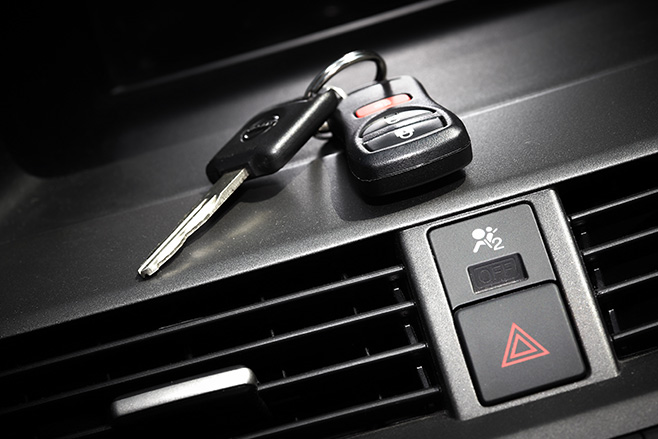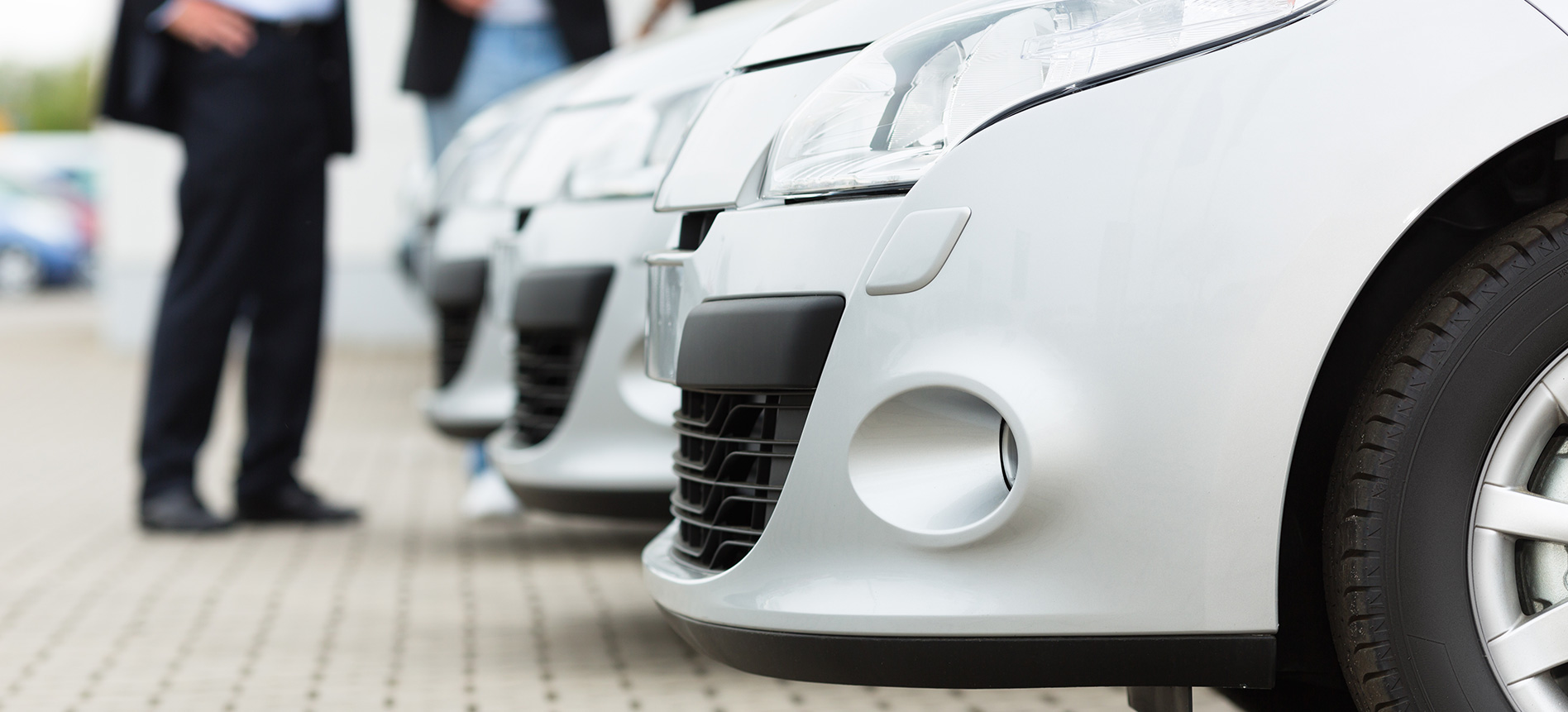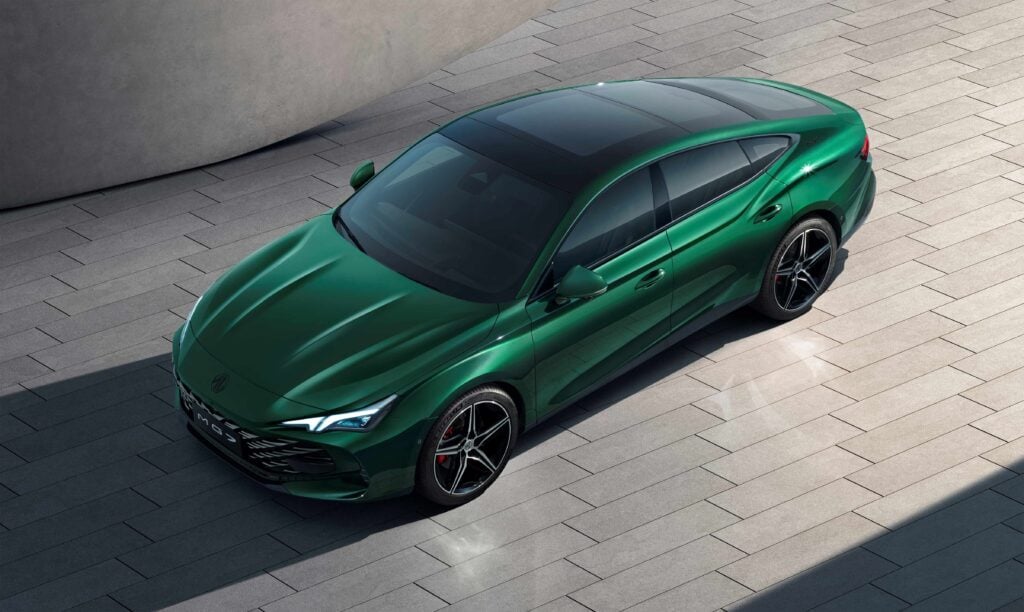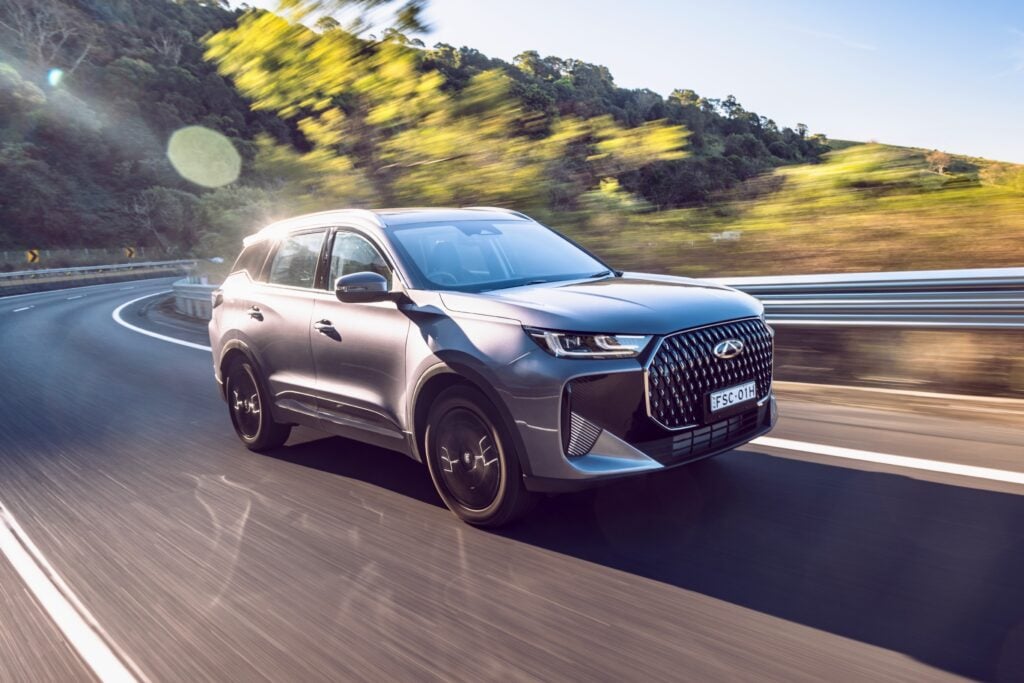
- What’s in the stimulus package for new car buyers?
- Government response is not yet clear
- Be aware of spending up to $150k cap
And for car lovers it was easy to be tempted by the raising of the instant asset tax write-off from $30,000 to $150,000.
Instead of a Toyota Corolla or Kia Rio, though, the initial thinking was you could step up to something more exciting or exotic.
But before you go signing on the dotted line for a BMW M2 Competition or Tesla Model S be aware that there are other tax laws that mean you’ll likely be limited in what you can depreciate than you may have originally envisaged.
Not that much of it is clear at the moment…
The rush for information has accountants and tax professionals scrambling for details.
Some we spoke to were still trying to digest the rules. Similarly, online chat rooms were trying to decipher the ramifications.
We went straight to the top and contacted the Australian Tax Office, which was no help at all.
In a statement the ATO directed us to the Treasury department:
“The ATO is unable to comment on matters of policy,” an ATO spokesperson replied by email. “Until the proposed legislation is enacted by Parliament visit www.treasury.gov.au for more information or contact Treasury media.”
So, we contacted Treasury, which was, equally, of no help. After three days they came back to inform us that the government was still developing the legislation and that more information would be available once it was introduced to Parliament.

So we reached out to those in the know and all we spoke to suggested the depreciation limits would still apply, meaning the proposed legislation to allow write-offs up to $150,000 would only benefit car owners spending between the previous $30,000 limit and about $60,000.
We say “about $60,000” because there appears to be confusion around that, too.
Fleet management giant Leaseplan said businesses with a turnover of up to $500 million could only depreciate cars up to $57,581 (exclusive of GST for new cars bought by businesses registered for GST) – a limit that hasn’t changed in years.
That $57,581 is the ATO’s “car cost limit for depreciation”.
But the founder and CEO of equipment and vehicle finance specialist Finlease, Mark O’Donoghue, believes businesses will be able to depreciate up to the luxury car tax threshold.
That means at least $67,525, or $75,526 for vehicles that use less than 7.0 less of fuel per 100km.
More coronavirus news
- Live rolling coverage of the Covid-19 impact
- How to minimise COVID-19 exposure in your car
- Industry reels from coronavirus as Elon Musk scoffs
- Australian Grand Prix cancelled after COVID-19 case confirmation
“The ATO’s comments back to us were that this came out very quickly and we can’t give you a definitive answer on this but our intelligent view would be that yes, the luxury car limit would apply.”
Various online chats we read and all discussions we had with experts in the field suggested there were no provisions for depreciating the entire $150,000 for anything other than tool-of-trade vehicles such as trucks and tractors.

For those business owners who think they can get the tax department to fund their next set of wheels, it’s also worth understanding how the instant asset write-off works.
The ATO isn’t funding your vehicle purchase. It’s simply allowing a depreciation sooner for an asset that ordinarily would have been depreciated over many years.
Also, there are no tax savings. All it does is pull forward how quickly you can get your hands on a tax deduction, with the aim being to give businesses much-needed cash flow in tough times.
Although, as O’Donoghue points out, there are potentially ongoing benefits for the following financial year (FY2020/2021).
“You not only get the tax-saving at that point, every subsequent BAS [business activity statement] for the following year also has a percentage of the tax that you’ve got payable based on your last year’s profit as a percentage of your turnover,” he says.
Plus, your business needs to be profitable to benefit from the tax saving.
“This is relevant to companies that are either profitable or expect to be profitable going forward because it’s all about reduction of tax,” says O’Donoghue.
And the maximum saving is up to the company tax limit of 27.5 percent. So, you’ll get money back in the annual tax return – or money deducted from how much company tax your business would have had to pay.
Given the turmoil in the economy, clearly the profit of many businesses is likely to be hit hard in the coming months.
And, even though it’s easy to see plenty changing over coming months, for now the $150,000 write-off – which is for new and used cars – applies only until June 30.
After that the limit drops to $1000 (although since May 2015 the ATO has had an instant asset write-off of at least $20,000).
So, cancel the order for that fancy set of wheels, then…
And there’s plenty more in the detail that means you’re best chatting to an accountant before signing up for that new set of wheels.
And just to really confuse things, news reports suggest there’s every chance the government is likely to step up the stimulus spending more over coming weeks as it becomes clearer of the enormous economic impact of the coronavirus.
Happy car shopping!



